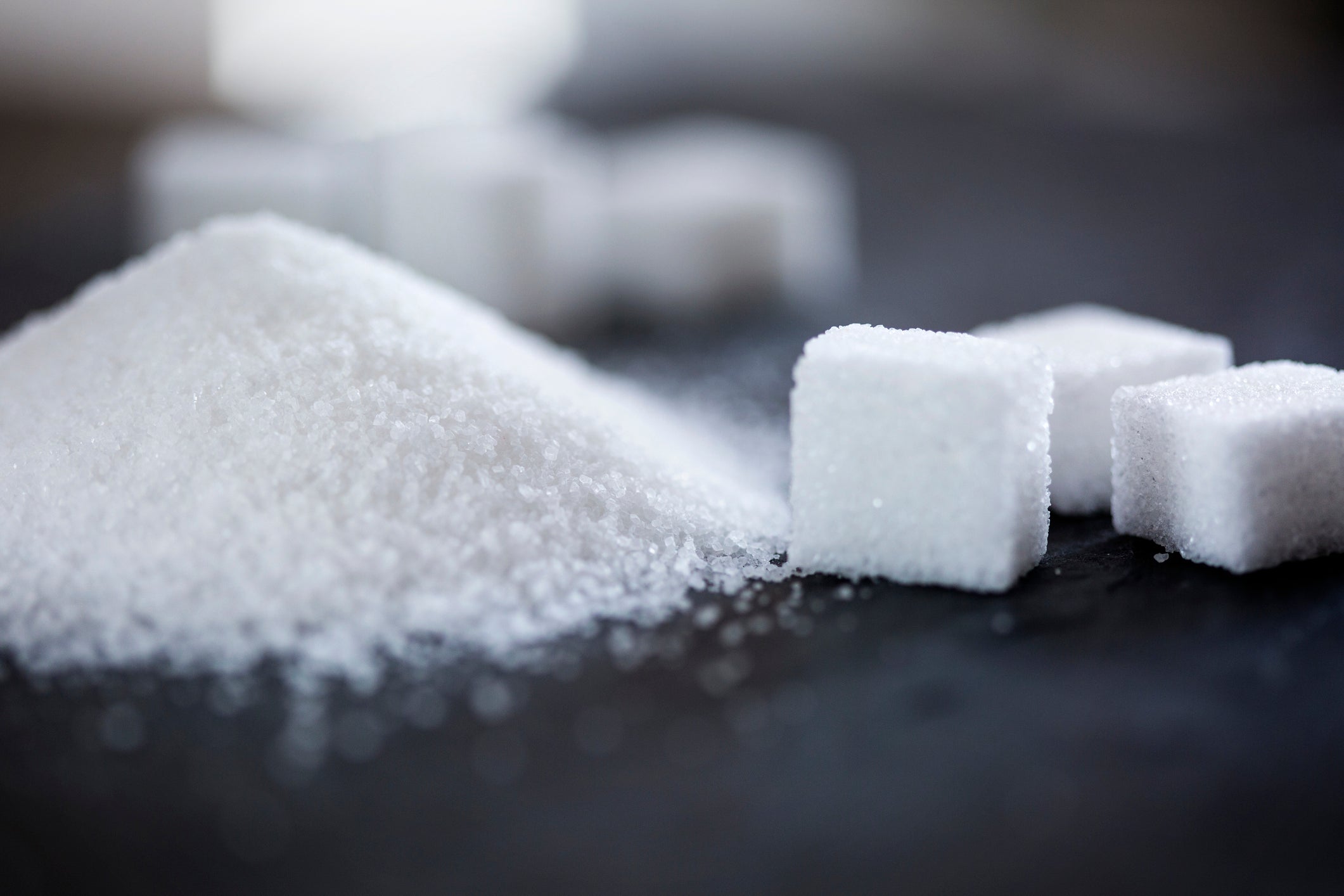Drinking lots of sugary drinks linked with increased risk of premature death, study suggests
Drinking one to four sugary drinks per month was linked with a one per cent increased risk of mortality
Frequent drinking of sugary drinks may lead to an increased risk of premature death from cardiovascular disease, according to a new study.
The research, published in the journal Circulation, found that those who consumed two or more servings per day of SSBs (equivalent to a standard glass, bottle or can) had a 31 per cent higher risk of early death from heart disease.
Each additional serving of SSB was also associated with a ten per cent greater risk of the disease.
The study, led by Harvard T.H. Chan School of Public Health, also found that frequent consumption of sugary drinks increased death from cancer by 18 per cent.
"Our results provide further support to limit intake of SSBs and to replace them with other beverages, preferably water, to improve overall health and longevity," said Mr Vasanti Malik, a research scientist at the Harvard T.H. Chan School of Public Health's Department of Nutrition.
Previous studies have found links between SSB intake and weight gain, higher risk of type 2 diabetes, heart disease, and stroke, although few have looked at the connection between SSB intake and mortality.
To examine the effect of sugary drinks on the increased risk of death for the study, researchers used data from 37,716 American men in the Health Professionals Follow-up Study which started in 1986, and 80,647 American women in the Nurses' Health Study, which started in 1976. Both studies ended in 2014.
Participants filled out surveys about their diet every four years, and answered questions about their lifestyle and overall health every two years.
Researchers found that compared with drinking SSBs less than once per month, drinking one to four sugary drinks per month was linked with a one per cent increased risk of mortality.
Meanwhile, drinking two to six per week was found to be associated with a 6 per cent increase; one to two per day with a 14 per cent increase; and two or more per day with a 21 per cent increase.
The NHS recommends adults consume no more than 30g of free sugars (any sugar added to a food or drink) a day. This number decreases to 24g for children aged seven to 10, and to 19g for those aged four to six.

Products are considered to either be high in sugar if they contain more than 22.5kg of total sugars per 100g, and low if they contain 5g of total sugars for the same amount.
Researchers found that replacing sugar-sweetened beverages with artificially sweetened beverages (ASBs) was linked with a moderately lower risk of early death. However, they also found a link between high intake levels (at least four servings/day) of ASBs slightly increased risk of both overall and cardiovascular-related mortality among women. As a result, they cautioned against excessive ASB consumption.
Walter Willett, professor of epidemiology and nutrition, says of the study: "These findings are consistent with the known adverse effects of high sugar intake on metabolic risk factors and the strong evidence that drinking sugar-sweetened beverages increases the risk of type 2 diabetes, itself a major risk factor for premature death.
“The results also provide further support for policies to limit marketing of sugary beverages to children and adolescents and for implementing soda taxes because the current price of sugary beverages does not include the high costs of treating the consequences.”
It’s worth noting that the study only found a link, not a cause and effect, between drinking sugary drinks and premature death.
Last month, Transport for London (TFL) implemented a ban on all junk food adverts that promoted foods high in salt, sugar and fat in a bid to curb the “ticking time bomb” of child obesity.
Ahead of the ban, London Mayor Sadiq Khan said: “Child obesity is putting the lives of young Londoners at risk and placing huge pressure on our already strained health service.
“It is absolutely imperative that we take tough action against this ticking time bomb now, and reducing exposure to junk food advertising has a role to play in this – not just for children, but parents, families and carers who buy food and prepare meals.”
Join our commenting forum
Join thought-provoking conversations, follow other Independent readers and see their replies
Comments
Bookmark popover
Removed from bookmarks